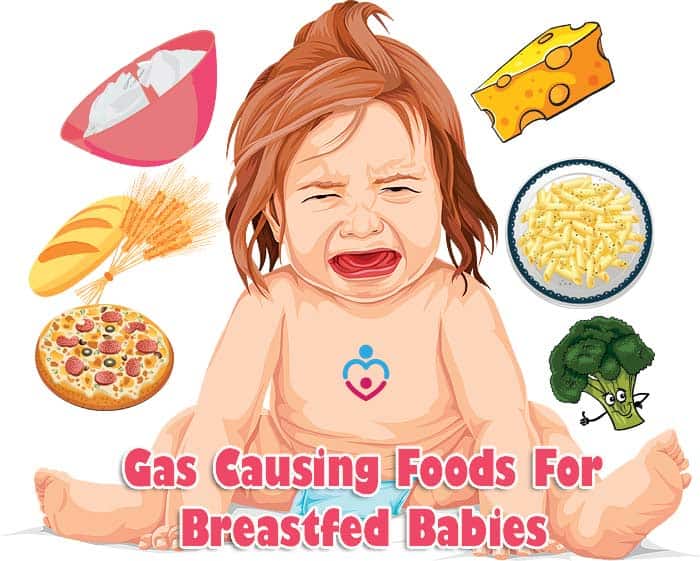
Breastfeeding is an essential phase in your baby's development. But to make the most out of it, you need to take into account certain aspects.
What you eat will have a direct effect on your child. They take all their nutrients from you during breastfeeding, especially in the first six months of life, when breastfeeding is exclusive.
Gas Causing Foods for Breastfed Babies
We know that all babies have gas. This is something that they can't control, and you can't avoid it entirely.
However, certain foods you eat while you are breastfeeding might increase this side effect. So, try to stay clear of the following types of products to reduce the gas in your infant.
1. Cow's Milk
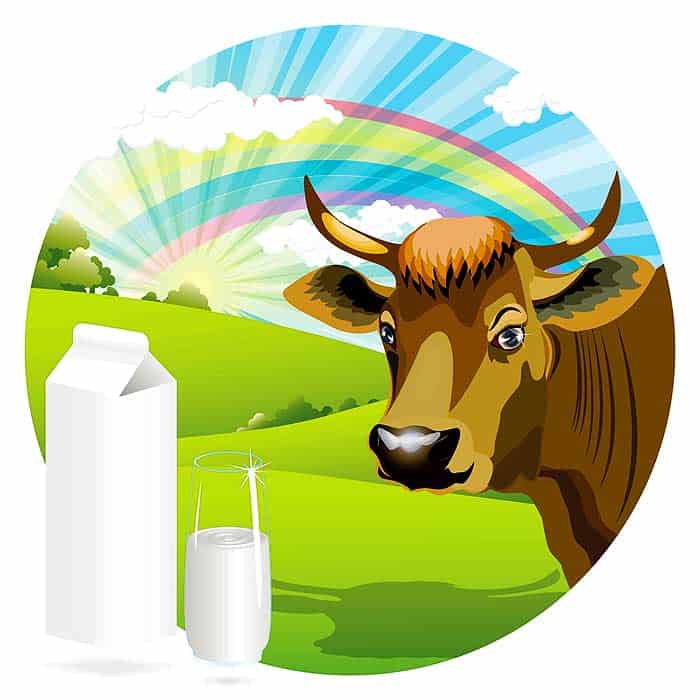
Milk protein and lactose can cause gas in your baby. This is even more possible if your baby is lactose intolerant. Lactose from cow milk is not something that our digestive system knows how to process. And it is the main culprit for gas in infants because their body is not developed enough to handle it properly. Babies who are lactose intolerant lack the lactase enzyme that is required for the digestion of cow milk and other dairy products.
![]()
2. Yogurt
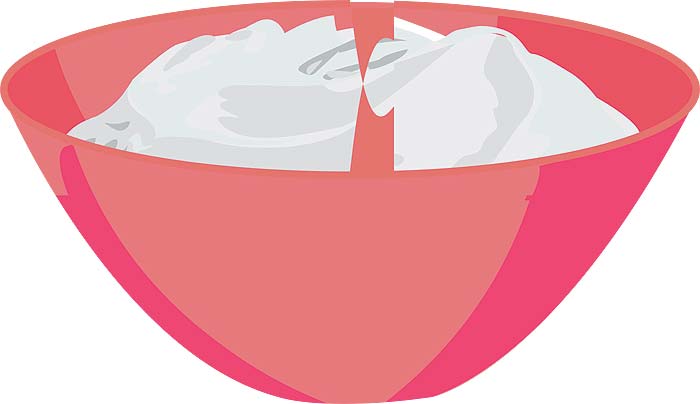
Milk protein and the fermented state of milk is hard to digest for infants and in some cases, even for adults. Fermented milk without proper enzyme in the baby's body is hard to digest. The lactose in yogurt is already in a fermented form, which can cause not only gas but also diarrhea.
![]()
3. Butter
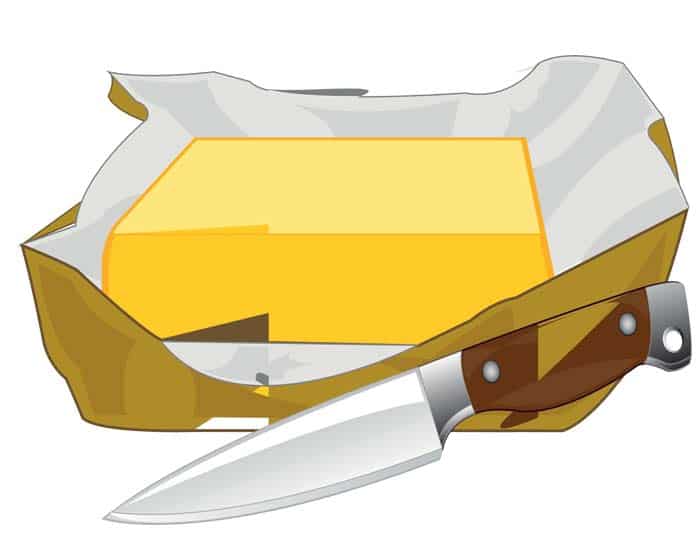
The animal fat in butter can cause gas for young infants. Besides the lactose that is found in butter, it also has a high level of fat. Just like your baby is not ready to tolerate lactose, they are also not prepared to digest animal fat in high concentrations for the first year of life.
![]()
4. Processed Cheese
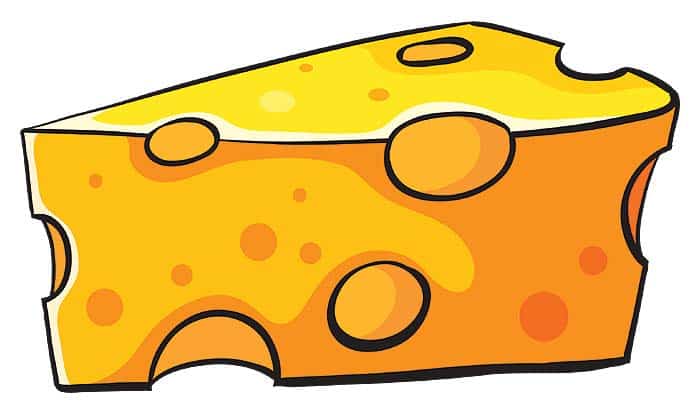
Processed cheese but also unprocessed cheese have a high concentration of lactose, which can cause gas. Besides lactose, cheese can also contain artificial flavoring and colorants that can be toxic for your baby. This cheese can also contain emulsifiers and salt, which cause gas, bloating, and have no nutritional value.
![]()
5. Bread
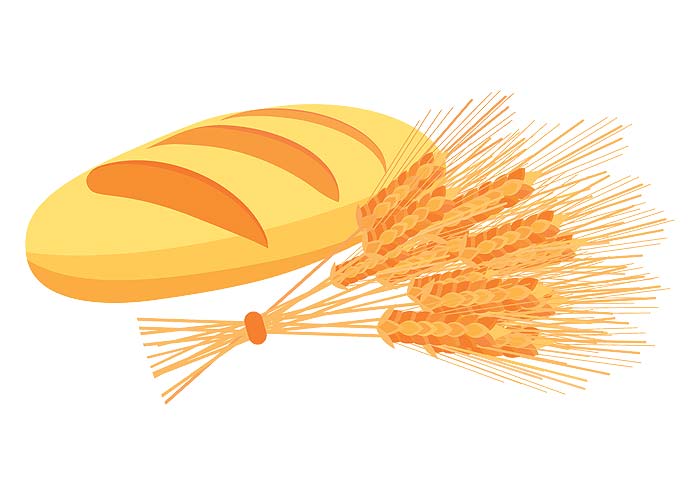
Fiber reach foods tend to be a culprit for gas in both the mother and the child. White wheat, in particular, is harder to digest than other types of wheat. If your baby has a gluten sensitivity, wheat shouldn't be an option for your diet when you are breastfeeding. Gluten turns into a sticky substance resembling a glue, that is hard to digest.
![]()
6. Pasta
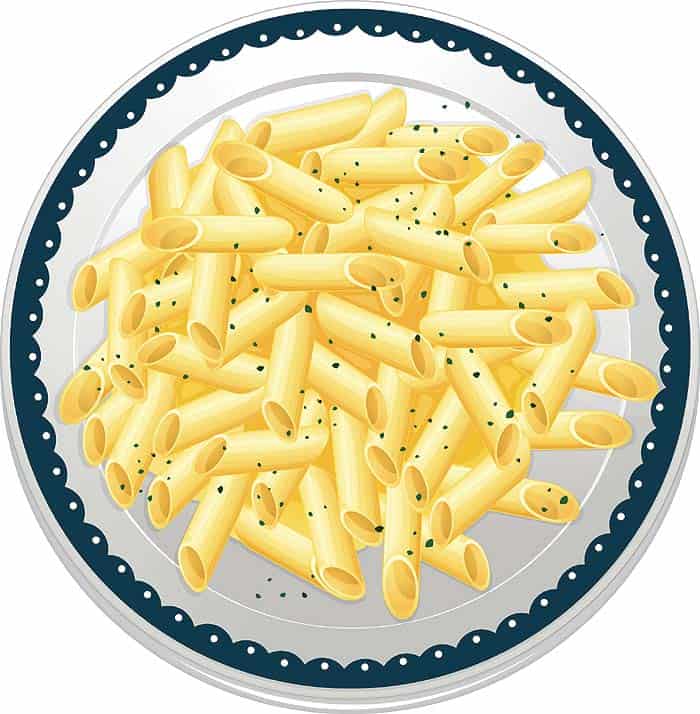
The wheat in the pasta, being in white or integral wheat, is just as gas causing as bread. this is because it contains gluten unless you purchase pasta without gluten. However, even gluten-free pasta can cause gas due to the increased amount of fiber and wheat.
![]()
7. Pizza
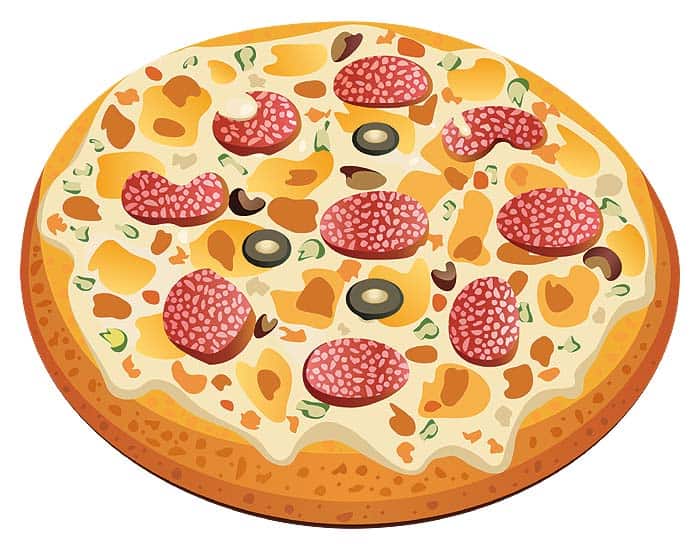
Pizza dough is based on flour, which can cause gas in young infants. Besides the gluten present in the dough, it can also contain salt, sugar, and a lot of oil. Oil adds fat that can't be processed quickly by the enzymes in your baby's digestive system. The combination of gluten with oil can cause bloating and gas in adults, as well.
![]()
8. Pies
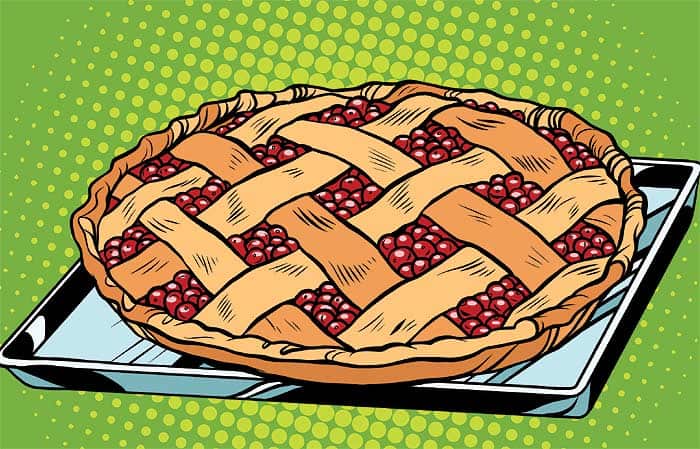
The flour and sugar in the dough can cause gas. this is due to several factors, including gluten, sugar or sweeteners, and the cooking process. Baking is healthier than frying but not healthy enough for your baby. Baked foods that contain gluten can cause a blockage in their digestive system, and gas will come as a consequence of that.
![]()
9. Green Salads
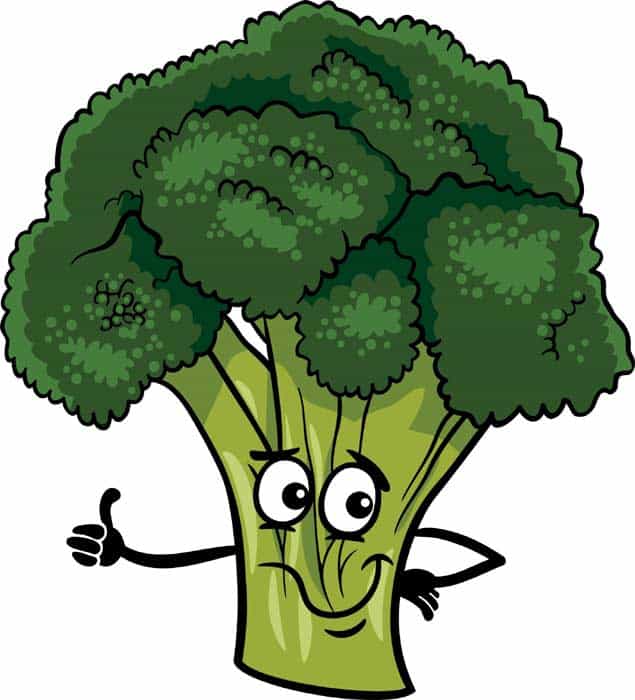
Broccoli and lettuce are the primary green veggies that can make your baby gassy. The problem with these veggies is that they contain FODMAPs (acronym for Fermentable Oligo-, Di-, Mono-saccharides And Polyols). FODMAPs are types of sugar that will be hard to digest for both you and your baby. They get stuck in the digestive system, and when the gut bacteria triers to break these sugars down, it creates gas.
![]()
10. Veggies Stew
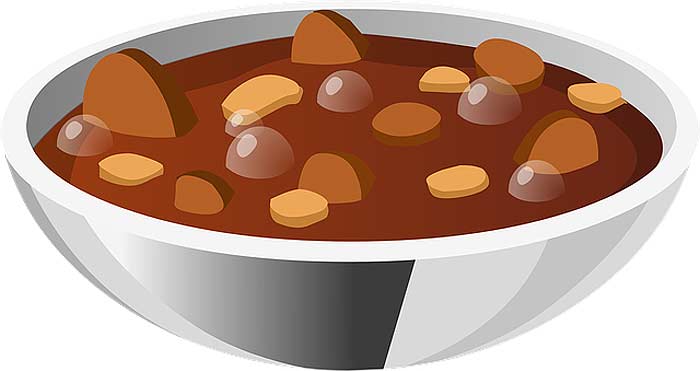
Potatoes, broccoli, peas, or beans can all cause gas. The main reason is also the presence of FODMAPs in the added veggies. Plus, cooking these veggies at high temperatures also kills their nutritional value, which makes the entire dish useless for our body.
![]()
11. Coffee Brews

The coffee the mother drinks can cause gas for both herself and the baby. Caffeine is a substance that alerts the brain and speeds up the digestive system. But your baby needs to take digestion slow, so by speeding it up, there will be more gas as a result.
![]()
12. Sodas
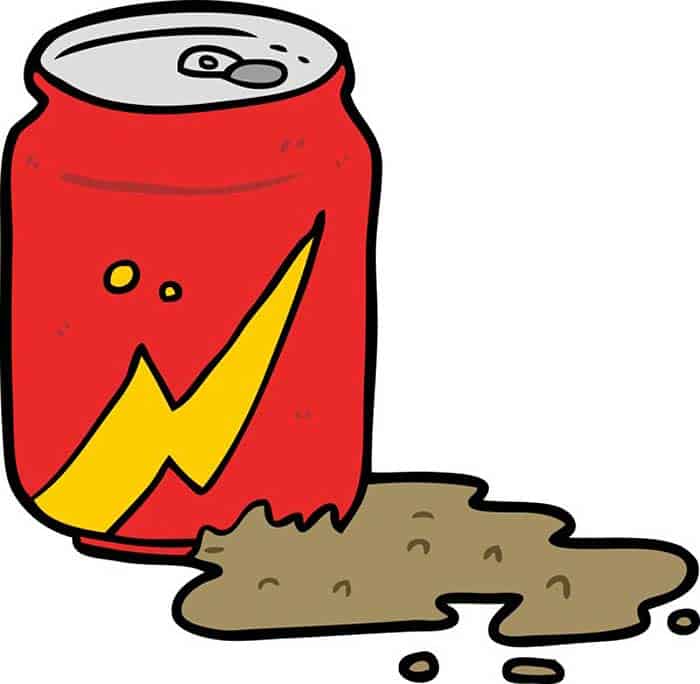
The bubbles and high concentration of sugar in different sodas are upsetting both the mother and the baby's digestive system. The main culprit is the sugar which comes in high quantities. This sugar is not natural to break down, and being artificial sugar, it will not be assimilated easily either. As a result of that, your baby's digestive system will work harder and produce more gas.
![]()
13. Bubbly Water (Carbonated)

You might think that bubbly water is safe, but those bubbles of air will most likely become gas. Babies are not meant to have any bubbles of air as they are eating either. Any air or acid that gets into their digestive system will not be broken down by enzymes. This causes gas and bloating.
![]()
14. Spicy Sauces
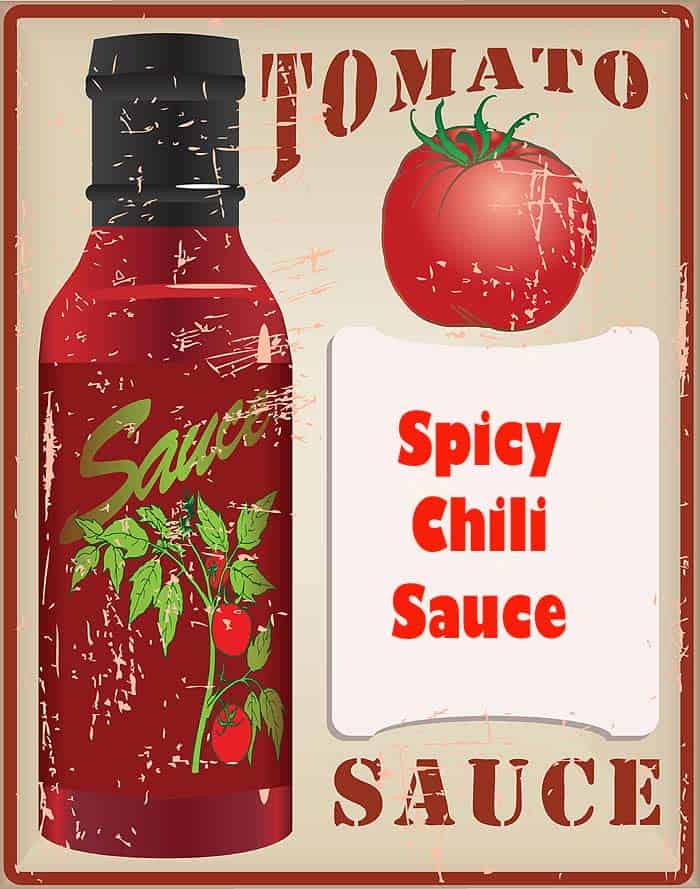
Spicy sauces such as chili can cause gas for young infants because they are not ready to process it well. Most of these spicy dishes contain the Capsaicin compound that causes heartburn. The food will slow down the digestive system, and therefore, your baby will have gas or acid reflux.
![]()
15. Curry
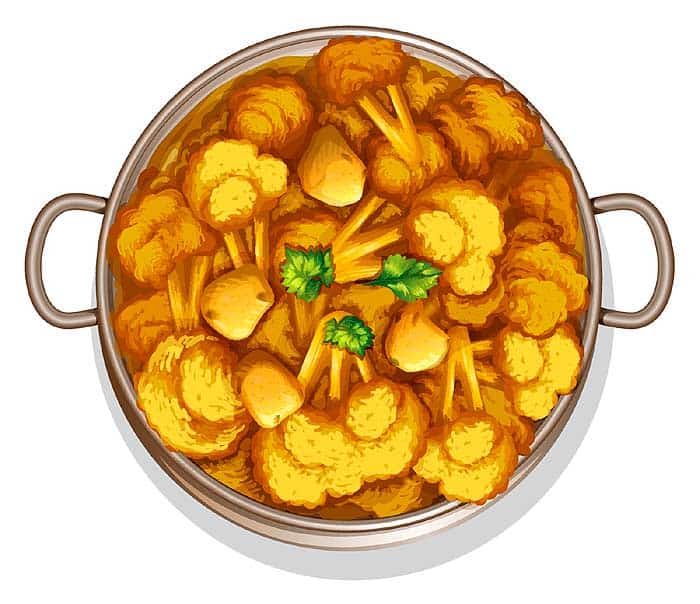
Curry is a mix of Indian seasonings that gives a strong flavor to foods but also a high risk of gas. Capsaicin is also present in curry. Since your baby is not developed enough to break down this compound, the food will sit in their stomach longer, causing gas and bloating.
![]()
Breastfeeding is an essential phase for both you and your baby. And the food you eat can have a direct impact on both of you. However, you should try to maintain a balanced diet without being too restrictive.
Ultimately, moderation is the most important. Use this guide to be aware of the right foods that you can eat to avoid excessive gas for your baby and the ones you should avoid.
It is crucial to get to know your baby's preferences as well, so paying attention to their reaction can help you a lot.
![]()
Key References
- "Maternal Diet Alters the Sensory Qualities of Human Milk and the Nursling's Behavior" - Pediatrics - Official Journal of the American Academy of Pediatrics. Accessed December 01, 2019. Link.
- "Exclusive breastfeeding and associated factors among mothers in Gozamin district, northwest Ethiopia: a community based cross-sectional study | International Breastfeeding Journal | Full Text". Accessed December 01, 2019. Link.
- "Dairy and other Food Sensitivities in Breastfed Babies • KellyMom.com". Accessed December 01, 2019. Link.
- "Food coloring - Wikipedia". Accessed December 01, 2019. Link.
- "Maternal food restrictions during breastfeeding". Accessed December 01, 2019. Link.
- "Is Gluten Sensitivity Real? A Critical Look". Accessed December 01, 2019. Link.
- "Foods That Cause Colic When Breastfeeding". Accessed December 01, 2019. Link.
- "About FODMAPs and IBS | Monash FODMAP - Monash Fodmap". Accessed December 01, 2019. Link.
- "Capsaicin | C18H27NO3 - PubChem". Accessed December 01, 2019. Link.



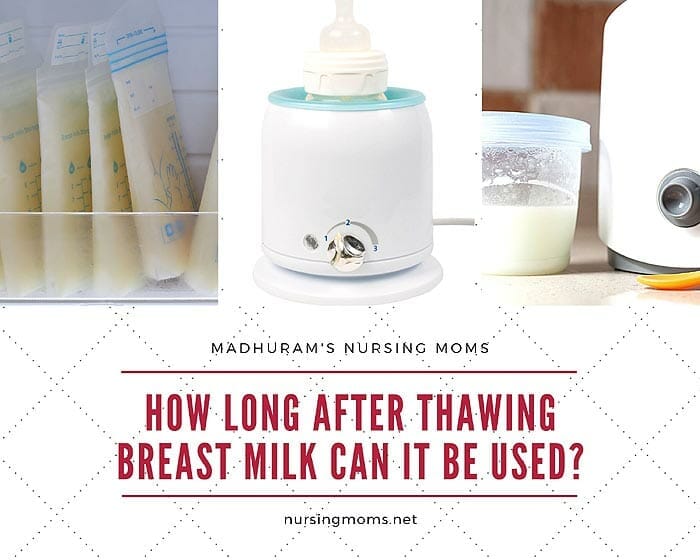
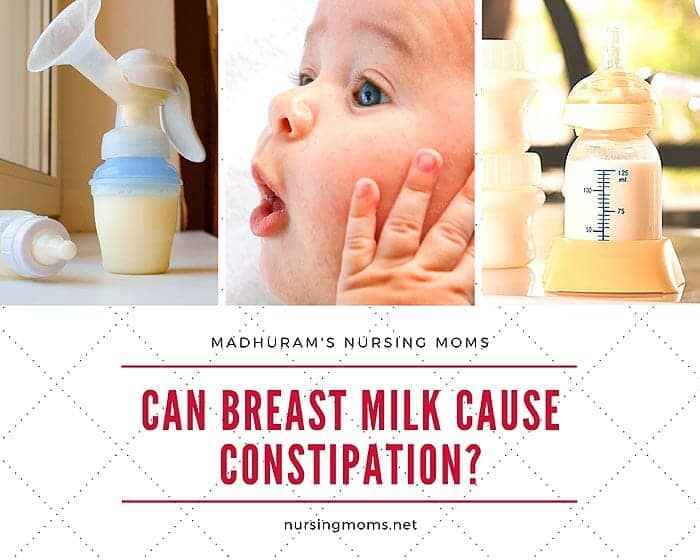
Leave a Reply